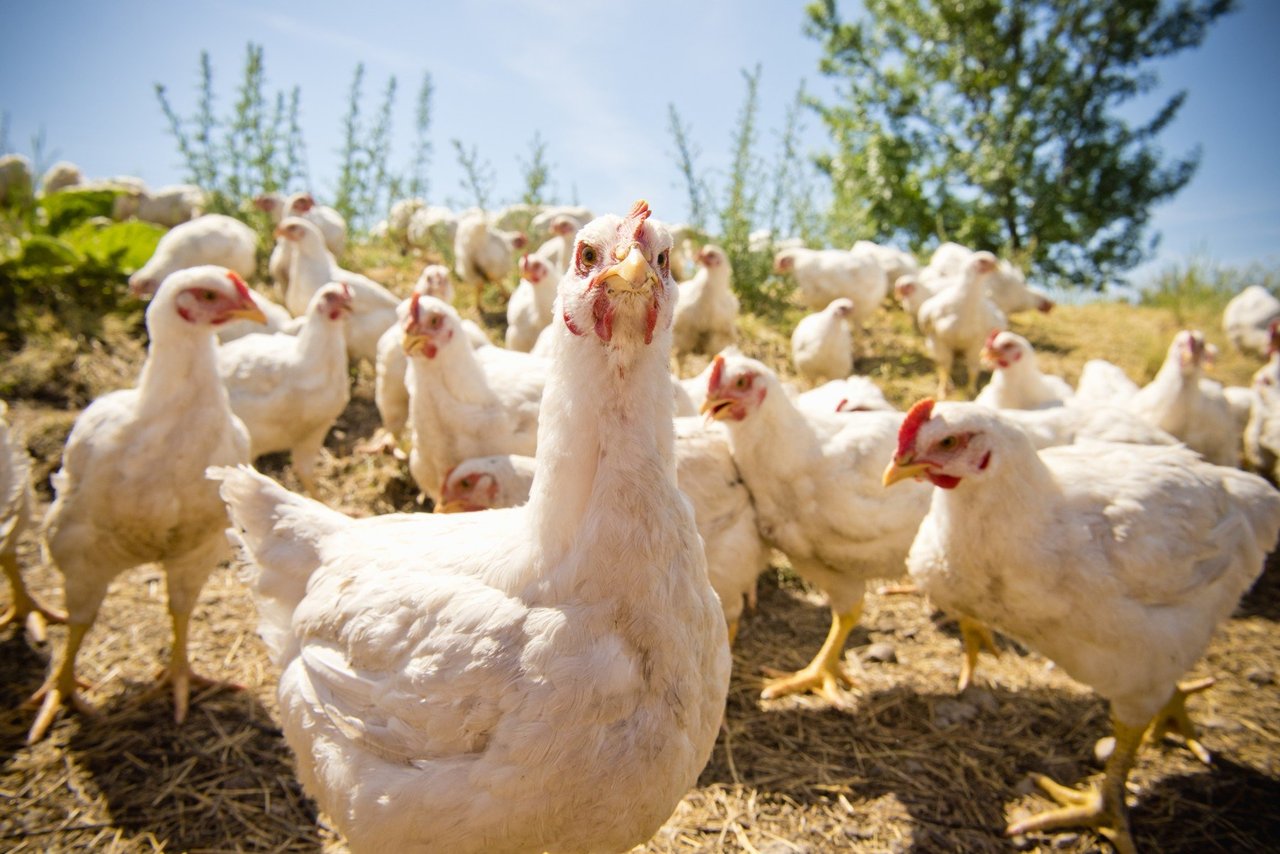Money plays a key role in fuelling the factory farming industry which poses great threats to animals, people and our planet.
The role of money in our food systems
The food system we are living with is in crisis. There is an ever increasing demand for the cheap meat that is produced by factory farms. The availability of cheap meat in turn fuels demand and a vicious cycle is created, all driven by money.
To form this supply and demand chain amounting to US$2 trillion, money is the key. Banks and investors decide the allocation of resources, which is usually driven by maximum profit. This leads to more factory farms being built, and more farmed animals being produced at the cheapest possible cost to meet the consumption demands.
To make systematic change we need to intervene in this financial flow and enable more investments in humane and sustainable proteins.
Key Players
Private financial institutions and development banks are continuing to bankroll this destructive industry. We are working to engage with these two key players to bring about changes to our food systems.
Development banks
Development banks are funded by governments, and are supposed to promote sustainable growth, human rights, reduce poverty and inequality, and improve lives. However, for decades they have pumped money into exporting factory farming systems around the world. We call on development banks to stop funding factory farming. Instead, they should support and help expand truly sustainable farming projects with a focus on plant-based proteins and high animal welfare, that take into account the needs of animals, local communities and the environment.
Private financial institutions
Private financial institutions like banks, pension funds and insurance companies have trillions of dollars tied up in companies that are linked to factory farming, like animal producers, feed companies, supermarkets and restaurants. For too long, they have focused on short-term profits, with little thought for animal welfare or the long-term impacts of factory farming. This means that our money – our pension pots, our insurance premiums, and our bank deposits – are likely funding factory farming. Financial institutions have a lot of power – that’s why we’re asking them to develop strong animal welfare policies, and use their influence to engage companies to improve their practices.
Over the past 10 years, the World Bank’s private investment arm (International Finance Corporation (IFC)) has sunk more than $1.8 billion into major industrial livestock corporations around the world.
We want these financial institutions to acknowledge the negative impacts on animals, people and our planet generated by factory farming.
It’s time to use their power to change the way the world works. This means putting pressure on companies to improve their practices; introducing animal welfare, climate or biodiversity criteria that will reduce investment to factory farming; and investing more in humane and sustainable proteins.
We believe fairer finance is beneficial for animal welfare and a more sustainable future, which can also reinforce companies’ economies of scale and market competitiveness in a long term.

To end this destructive system, we need to turn the tide by ending/stopping/cutting off funding for factory farming, and enabling more investments in humane and sustainable proteins. Now is the time to change the system. Forever.
